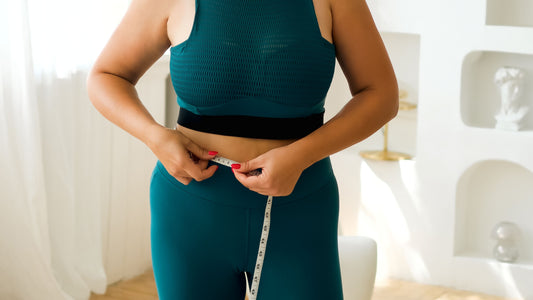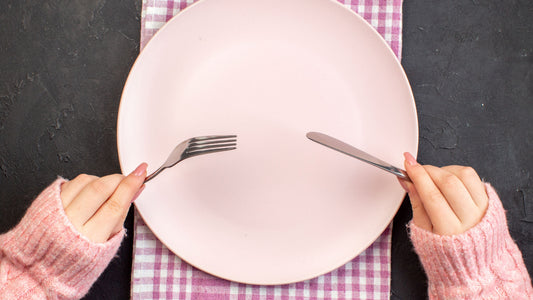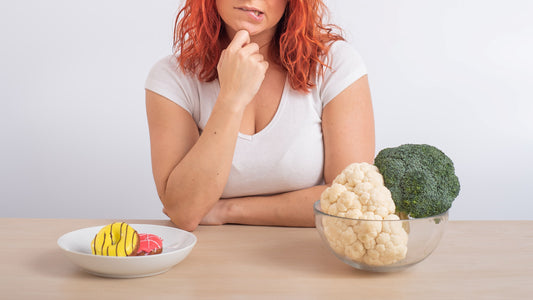As summer starts to sizzle…and you find yourself cooking and eating outside with family and friends, one scary fact could ruin your day.
Did you know bacteria related food poisoning peaks in summer months?
All of those fun BBQ and picnic gatherings can mean food preparation is a little more lax than usual.

I’m sure you’ve seen OTHERS doing things like this (not YOU of course):
- Not adequately refrigerating perishable foods (do you have any idea how cold that huge cooler you have full of meat really is? and how cold it should be?)
- Allowing cross-contamination of foods (you really shouldn’t store that raw meat in the same cooler as all of those fresh veggies and drinks!)
- Allowing cross-contamination of utensils! (are you really using that same knife to cut everything?)
- Leaving left-overs out of refrigeration for too long of time (don’t you know that sunshine makes the bacteria grow more quickly?)
- Lack of….ummm…shall we say…personal hygiene? (I realize it is hard to have good personal hygiene when there are inadequate bathroom facilities, but there is always a sanitary wipe!)
- Not thoroughly cooking meat on a BBQ or pit (just because everyone is hungry doesn’t mean the meat is done!)
OK, maybe it is gross to think about this, but it is a reality of outdoor cooking and eating! So you really do need to put the word out to EVERYONE who will be doing anything with food prep.
So What are Some Tips for Healthy Outdoor Cooking?
Well outdoor food safety all starts with refrigeration!
Refrigeration Tips:
- You need to store perishable foods (especially meat!) between 40°F and 32°F. And if using a cooler, make sure you don’t put warm foods directly into the cooler! Put everything you just bought at the store in the fridge to get it nice and cold. Move to the cooler at the last possible minute.
- Use a thermometer to ensure your foods are stored at a safe temp.
- Remember, bacteria can grow on perishable food within 2 hours if not kept refrigerated! (and if it is hot outside, cut that 2 hrs down to 1 hr).
- Use multiple coolers containing different foods so you reduce cross-contamination. I like to bring another cooler that is also full of ice so that I can replenish other coolers as needed.
- If you are creating your world famous marinade, please store it in the fridge or cooler and don’t leave it out in the heat!
- If you’ve left foods out in the heat too long, just dump them. Some people think they can stick this food in a cooler take it home and reheat it later (to kill off the bacteria), but that isn’t a bulletproof strategy. Don’t risk it.
Food Preparation Tips:
Cook food thoroughly and keep your hot foods hot!

- Best to use a thermometer. Burgers should be cooked to 160°F (71.1° C). Chicken to at least 165°F (73.9°C). Whole meats such as pork and steaks should be cooked to at least 145° F (62.8°C). You can’t really assume that brown meat is cooked, by the way. Use a thermometer.
- Don’t partially cook food in a microwave and then store it in a cooler. Only partially cook in a microwave if you can do so right before cooking on the grill.
- All hot food should be kept at or above 140°F while still serving; bring insulated containers to put hot food in if necessary (or if you have electricity, you can use a warming tray). And then put foods on ice once you are no longer serving.
- If you are picking up take-out food that is hot (like chicken) that should be eaten within 2 hours of purchase.
- Contrary to what Uncle Dave thinks, “red” showing inside the meat isn’t healthy! Foods need to be cooked to a temperature that will ensure all bacteria are killed. Even when you see brown it doesn’t mean the meat is fully cooked, only a thermometer can tell you for sure.
Avoid Cross-Contamination!
- Store meat and everything else in separate coolers. Bring separate utensils for each food you are preparing and serving. Do not use one cutting board for multiple food types.
- Keep raw foods and cooked foods separated.
- Bring some type of disinfectant if you can’t have soap/water available to clean utensils and other items that may have cross-contamination.
- If grilling meat and chicken use separate grilling utensils for each.
Practice Good Hygiene!
- Just because you are outdoors does not mean you don’t need to wash your hands! Especially after using the bathroom (in particular if it is a public restroom) and before handling food.
- Wash your hands with soap and water for at least 20 seconds before handling food (and for those not involved in food prep they should still wash their hands prior to eating!)
Be Particularly Careful with Higher Risk Foods

- Anything that has egg, mayonnaise and the like in it should be treated very carefully in terms of keeping it refrigerated (egg and potato salads)
- Raw shellfish and the sun aren’t a good mix
- Melons! People routinely purchase a melon and then just cut it open to eat. Melon should be stored in the fridge below 40 F, and should be scrubbed well and dried before cutting.
- Fresh produce should be washed, including bagged salads.
- Any hot food that you don’t keep hot (as per above) and cold foods you don’t keep cold, can be high risk to your family and friends! Be cautious.
Keeping your Immune System Strong can Help you Recover!
While a strong immune system won’t protect you against food poisoning, it can help restore your digestive system afterwards. So make sure you are taking a daily probiotic and getting your Vitamin D!
And the best way to get your Vitamin D is to enjoy more of that glorious summer sunshine. Read more about why sunshine is so good for your immune health (and tips on the best sun protection) here.
Eating a Keto-Green® Diet can also help.
So go out there and enjoy the day!
Salmonella photo courtesy of WebMD



